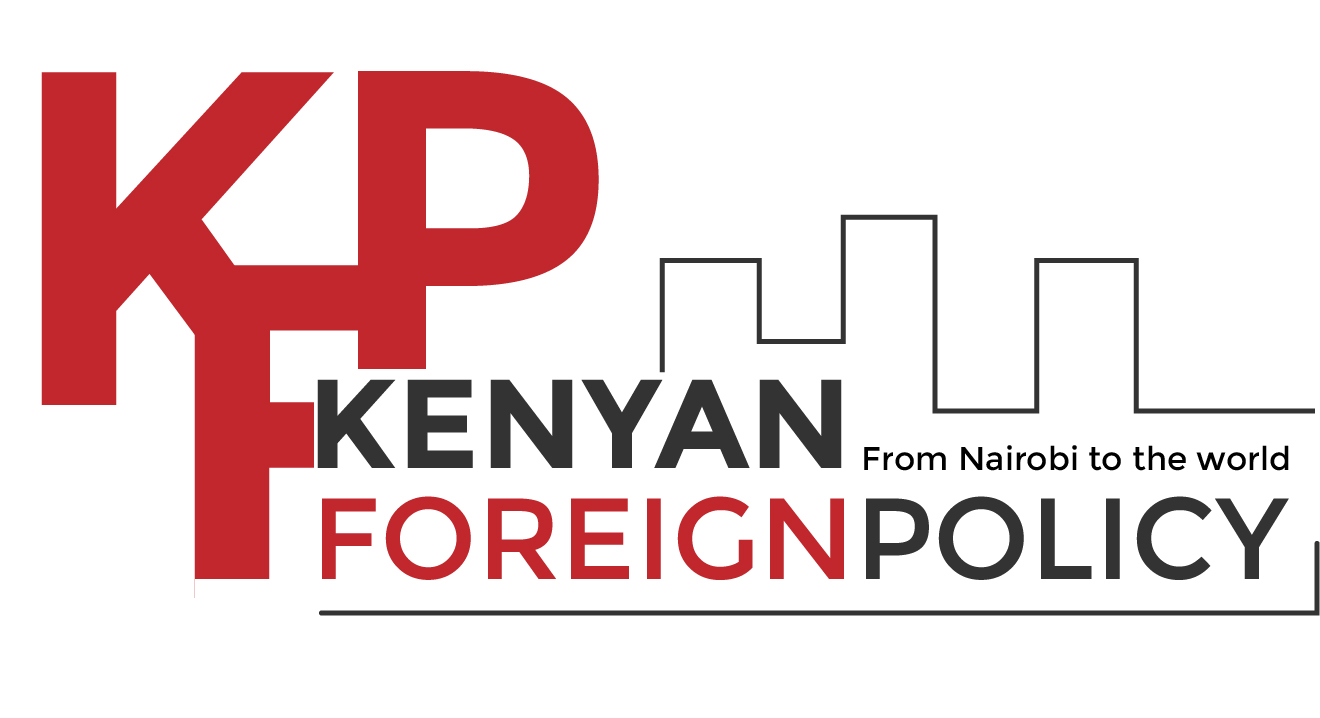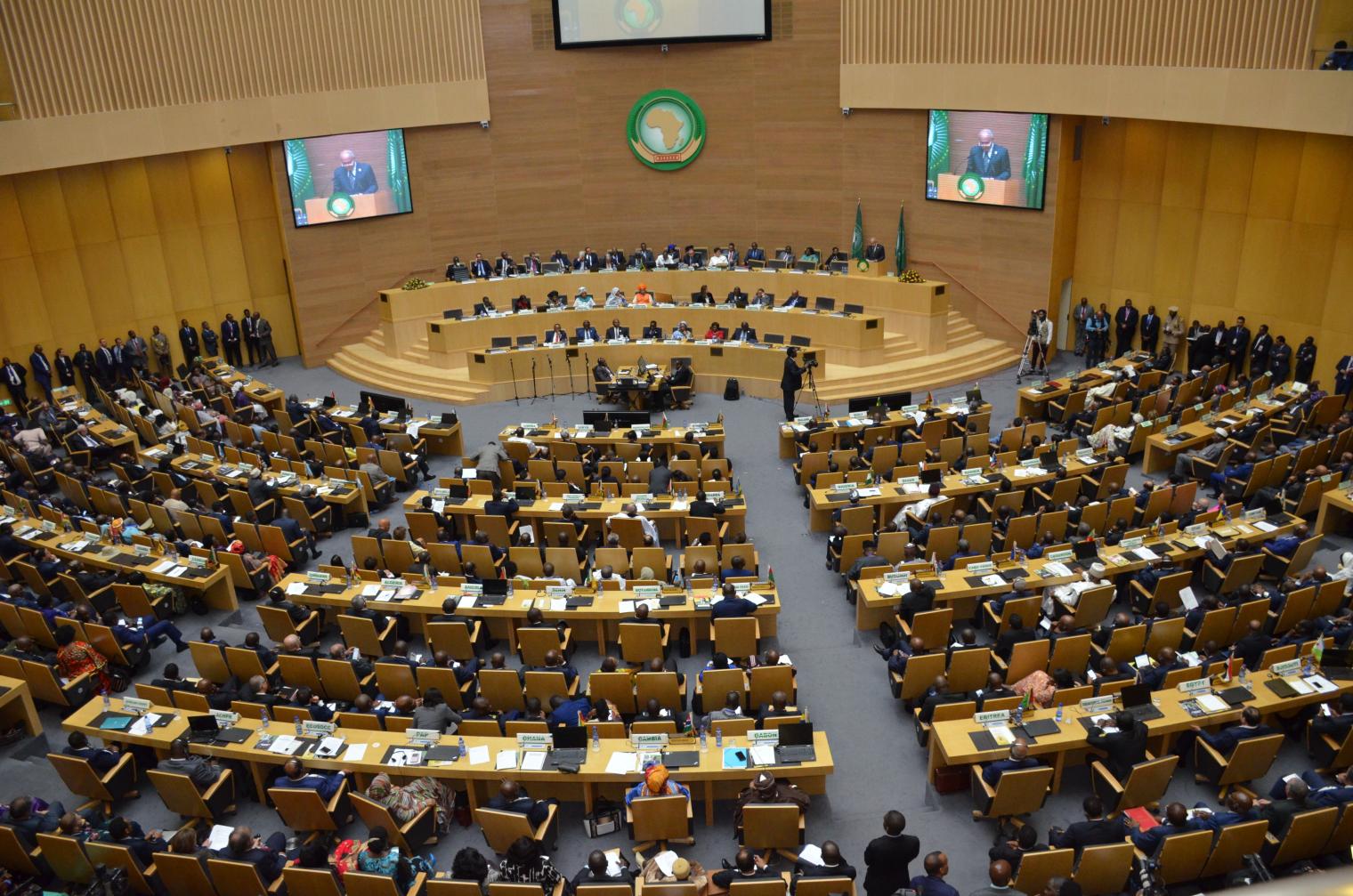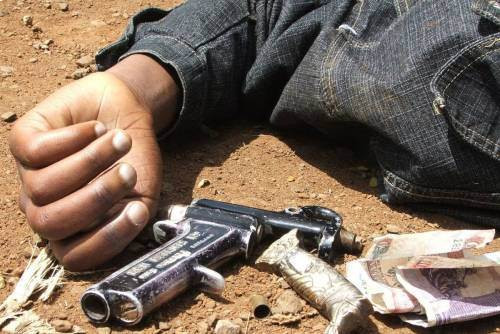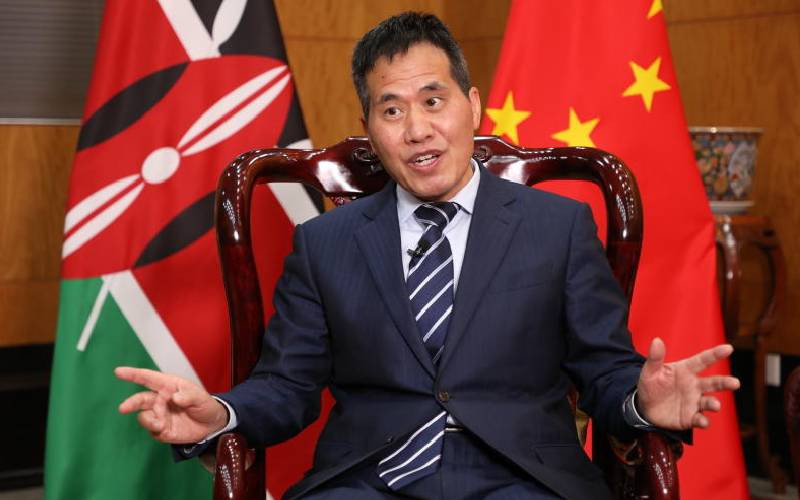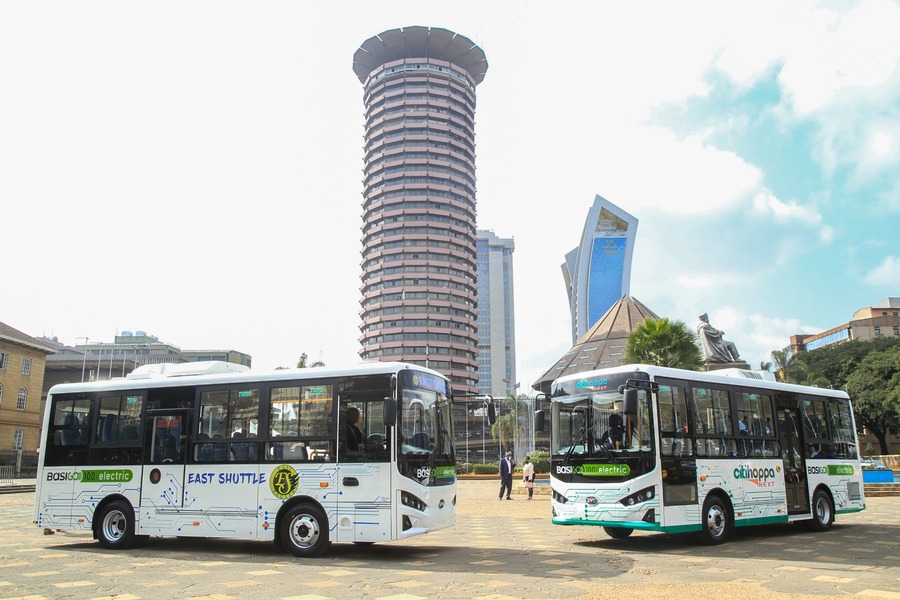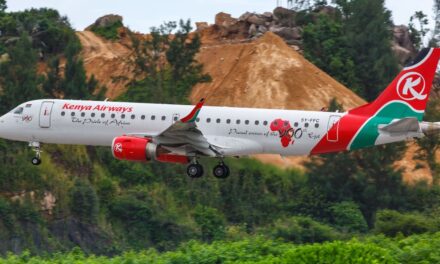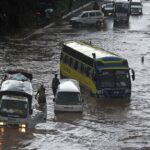
Kenya’s Haiti Mission: Financial Gains or Genuine Empathy?
Posted by Mwangi Maina | Sep 25, 2023 | DIPLOMACY, POLICE DIPLOMACY


The world is uniting behind Haiti as it faces a catastrophe. The United States, in particular, has offered critical backing to the multinational security effort led by Kenya in the Caribbean country.
Last Monday, US Secretary of State Antony Blinken committed a strong commitment, including intelligence, airlift, communications, and medical support.
This generous contribution is pending approval by the U.N. Security Council. Alongside Kenya, countries like Jamaica, the Bahamas, and Antigua and Barbuda have pledged personnel for the mission.
Blinken emphasized the urgency of the situation, calling on other nations to pledge additional personnel, equipment, logistics, training, and funding. The situation in Haiti is dire, and international assistance is crucial for restoring stability.
Haitian Prime Minister Ariel Henry echoed these sentiments at the U.N. General Assembly. He highlighted the pressing need for police and military personnel to combat a range of criminal activities plaguing the country.

These include kidnapping, pillaging, fires, massacres, human trafficking, and the recruitment of child soldiers, among others.
Haiti’s situation is complicated, and democracy is under threat. While Kenya has promised to provide 1,000 police personnel as part of the mission, questions have been raised about the mission’s underlying intentions.
In Nairobi on Monday, the Pentagon chief who met President Ruto and his Defence minister, Aden Duale, thanked Kenya for volunteering to take the leadership of the Haiti mission and reaffirmed that the U.S government would work with Congress to secure the $100 million (Kshs. 14 billion), in funding that it pledged on the sidelines of the U.N General Assembly.

But Critics suggest that financial incentives may be a driving force for Kenya, especially given the substantial U.S. funding involved. Haiti’s tumultuous history of foreign interventions have left chaos in the country.
Offering to send 1,000 police officers to Haiti, a country in upheaval, seemed to many to be a risky move. Kenya’s internal security obligations are significant, and this decision has raised eyebrows at home.
While advocates believe that such military intervention is necessary to address the Caribbean nation’s rising instability, gang violence, and humanitarian crises, unravelling the strings being pulled from the shadows of geopolitics is critical.
At the center of this deployment is the United States, seemingly the orchestrator of the idea. However, what raises eyebrows is the fact that while the US is keen on this intervention, it’s not ready to take on the leadership role itself despite being militarily well-equipped.
Instead, Washington has put Kenya in the spotlight, raising concerns about whether Nairobi’s involvement is a voluntary commitment or a result of external pressure.
The catch becomes evident when considering the recent back-and-forth between the US and Canada. Washington initially pushed for Canada to lead the force early this year, citing its linguistic and geographical advantages in the Western Hemisphere.
However, Ottawa pushed back, refusing to be dragged into what they perceived as a ‘Haitian quagmire’ according to Canadian public broadcaster, CBC.
French is an official language in Canada and Haiti is a French-speaking country.
In March, the Canadian Chief of the Defence Staff General Wayne Eyre said he doubted Canada could pull off such a mission right now, given its commitments in Europe especially the support directed to Ukraine.
Their refusal raises a pertinent question: If Canada, with its linguistic advantage, is hesitant, what makes Kenya, with its language barrier, the right fit?

The language barrier is not the only obstacle Kenya faces. Leading an international police mission requires a nuanced understanding of the local context, culture, and dynamics. They need to be well-prepared and equipped.
A Kenyan military veteran says the mission is exactly the kind that professional militaries or police try to avoid.
It involves shadowy enemies who don’t wear uniforms and mix freely with a civilian population. He says the fighting almost certainly would take place in densely-populated slums.
The anonymous retired Kenyan colonel with over 30 years of service and who has served three international missions, shares a sobering perspective on the implications of this venture. His assertion that the intervention is not “homegrown” is concerning.
He shares that the success of any foreign mission lies in understanding the intricacies of the local context, and a mission undertaken solely due to external pressures could lead to unexpected consequences.
Drawing on his experiences in Sierra Leone, the Iraq-Iran border, and Yugoslavia, the colonel’s skepticism challenges Kenyans to examine whether the country is stepping onto a minefield without adequate knowledge.
The veteran also raises the specter of an ill-equipped Kenyan police force entering a volatile situation. His dire warning that Kenyan officers might return in body bags casts a shadow of doubt over the feasibility of this mission. Inadequate resources and training could place our officers in harm’s way, raising questions about the government’s readiness to safeguard their lives in a foreign theatre.
The foreign policy decision-makers must understand Haiti’s complex history and intricate socio-political landscape and demand a thorough comprehension beyond mere tactical operations. The potential for miscommunication and cultural dissonance cannot be understated.
Moreover, the suddenness of this announcement which was made in late July by Mutua after a senior state department official visited the country leaves Kenyans pondering whether Nairobi has been offered a true leadership role or merely tasked with shouldering responsibilities that others wish to evade.
Kenyans need to understand that this is not a peacekeeping mission but an offensive intervention. The United Nations secretary general Antonio Guterres visited Haiti in July and was appalled by the level of insecurity in the Caribbean country and asked the international community to act “immediately” to form a multinational force.
Guterres said this force would not have a political or military mission like the Blue Helmets but would be at the service of the Haitian Police to restore normalcy and dismantle the gangs.
According to analysts, many in the US are very wary of Washington’s history of occupation and intervention in the Caribbean nation. In 1915, the US invaded Haiti and occupied it for nearly two decades, ostensibly to restore order. But it left behind more chaos.
Katz, the author of The Big Truck That Went by How the World Came to Save Haiti and left behind a Disaster, criticizes the US for backing a “democratic vacuum” in Haiti since President Jovenel Moise was assassinated in July 2021 and not supporting a plan to restore democracy.
In 1994, President Bill Clinton in what they called ‘Operation Uphold Democracy’ sent in more than 20,000 troops to restore ousted President Jean-Bertrand Aristide to power after a 1991 military coup. The move worked, and the junta backed down. But this was short-lived.
Ten years later, the United States in 2004 led another international intervention when President Aristide’s government was again overthrown. All these interventions by the States never worked. They failed to democratize Haiti.
Violence by gangs connected to the state is not new in Haiti, but several factors have contributed to the gangs’ power at the present moment. Political leaders as far back as Francois “Papa Doc” Duvalier, Haiti’s populist elected leader-turned-dictator from 1957 through 1971, have formed and utilized armed groups external to national security forces for protection or to enforce their agendas and self-interest, according to an October 2022 report from the Global Initiative against Transnational Organized Crime.
The current gangs are affiliated with two groups, G-Pep and G9, which fight for control of Haiti’s capital, Port-au-Prince. An estimated 60 percent of the capital is under the control of these groups, which terrorize civilians not only with threats of murder, but also abduction for ransom, extortion, and sexual violence.
Jovenel Moise, who came to power in 2017 after a controversial election, allegedly operated in concert with the gangs, with members of his government “allegedly assisting in massacres by providing gangs with government support in attacks in the capital,” according to the Global Initiative against Transnational in Organized Crime.
The former leader is accused of aligning with the G9 gang, which worked as a security force for him until his assassination. Afterward, the US imposed a de facto prime minister Ariel Henry, who seemingly lack political power and independence.
Haitian civil society groups have widely opposed the multinational force intervention, however, citing past problems caused by foreign intervention and fears that the international community would be propping up Haitian officials seen as partially responsible for the country’s crises.
The G9 gang leader, a former police officer, Jimmy ‘Barbecue’ Cherizier has warned any potential foreign force sent to Haiti against committing human rights abuses in the nation, promising to “fight against them until our last breath”.
Our pledge has raised questions as watchdog groups expressed alarm about the human rights track record of police in Kenya and warned that the force may export its abuse.
Our police have been long accused of killings and torture, including gunning down civilians during the Covid-19 curfew. More than 30 people were killed during opposition protests in July.
The credibility and effectiveness of such an intervention hinge on the willingness and capability of the leading nation to commit wholeheartedly to the cause. Is Kenya ready to take on this mantle?
While international cooperation is crucial in addressing global crises, such endeavors must be characterized by transparency, mutual respect, and shared goals. The question remains whether the United States is genuinely invested in aiding Haiti’s recovery or whether it’s seeking to navigate its way through a complex issue without assuming the leadership role it should.
Kenyans must demand clarity and accountability from those directing this narrative. What is the mission’s benefit to Kenya’s interests? Every mission should be a calculated move that advances our nation’s security, stability, and reputation. Are the potential risks and sacrifices outweighed by the tangible benefits that this mission could bring?
Haiti’s dire situation calls for genuine leadership, not mere compliance. Kenya’s decision to engage in this mission should be guided by its commitment to peace, stability, and humanitarian support as highlighted in our foreign policy goals, rather than being a chess piece in someone else’s strategic game of ‘exporting democracy’ as former US ambassador to Kenya, Smith Hempstone alluded sometime back in the nineties.
Your support empowers us to deliver quality global journalism. Whether big or small, every contribution is valuable to our mission and readers.
